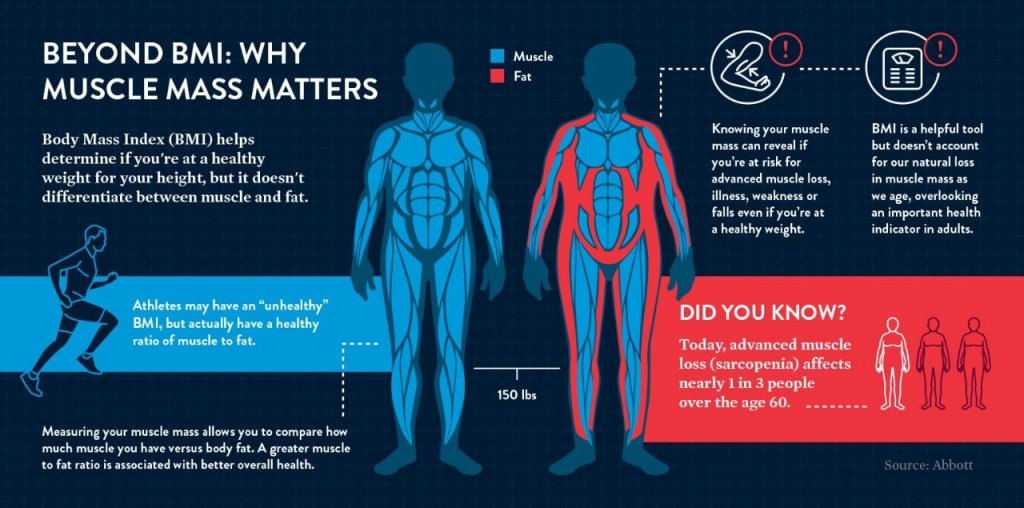
Restorative Sleep: Essential for Optimal Health and Recovery
Quality sleep is a cornerstone of overall well-being, playing a pivotal role in physical and mental health. This article delves into the significance of restorative sleep for optimal health and effective recovery, exploring key aspects of sleep hygiene and its impact on overall well-being.
The Vital Connection Between Sleep and Recovery:
Sleep is not merely a state of rest; it is a dynamic process essential for recovery. During sleep, the body undergoes crucial processes such as tissue repair, muscle growth, and the release of growth hormones. Adequate sleep is integral to the body’s ability to recover from the demands of daily life and physical exertion.
Understanding the Sleep Cycle:
The sleep cycle consists of multiple stages, including REM (rapid eye movement) and non-REM sleep. Each stage serves a distinct purpose in the body’s restoration process. Understanding the intricacies of the sleep cycle highlights the importance of experiencing complete sleep cycles for optimal recovery.
Sleep and Mental Well-being:
Sleep is not only vital for physical recovery but also plays a significant role in mental well-being. Adequate sleep enhances cognitive function, memory consolidation, and emotional regulation. Conversely, sleep deprivation can contribute to mood disturbances, increased stress levels, and a heightened risk of mental health disorders.
Establishing Healthy Sleep Hygiene:
Creating an environment conducive to restorative sleep involves practicing good sleep hygiene. This includes maintaining a consistent sleep schedule, creating a comfortable sleep environment, limiting exposure to electronic devices before bedtime, and avoiding stimulants like caffeine close to bedtime. These habits contribute to the overall quality of sleep.
The Impact of Sleep on Immune Function:
Quality sleep is closely linked to immune function. During sleep, the immune system releases cytokines, proteins crucial for immune response and defense against infections. Chronic sleep deprivation can compromise immune function, making individuals more susceptible to illnesses and impacting overall health.
Sleep Duration and Athletic Performance:
For athletes, recognizing the connection between sleep and performance is crucial. Optimal sleep duration contributes to improved reaction time, enhanced decision-making, and overall athletic performance. Athletes should prioritize sufficient sleep as an integral part of their training and recovery regimen.
Addressing Sleep Disorders:
Sleep disorders, such as insomnia or sleep apnea, can significantly impact sleep quality and recovery. Addressing these issues is paramount for overall health. Seeking professional help, undergoing sleep studies, and implementing tailored interventions can effectively manage and treat sleep disorders.
Napping as a Supplementary Recovery Tool:
Strategic napping can complement nightly sleep and aid in recovery, particularly for individuals with demanding schedules or athletes in training. Short naps (20-30 minutes) can enhance alertness, mood, and performance without interfering with nighttime sleep patterns.
Consistency in Sleep Routines:
Consistency is key in optimizing the benefits of sleep for recovery. Establishing a regular sleep routine, including consistent bedtime and wake-up times, reinforces the body’s internal clock. Consistent sleep patterns contribute to better sleep quality and overall health.
Holistic Approach to Sleep and Recovery:
Recognizing the holistic impact of sleep on physical, mental, and emotional well-being emphasizes the need for a comprehensive approach to sleep and recovery. Incorporating good sleep hygiene practices, addressing sleep disorders, and prioritizing sufficient sleep duration contribute to an integrated strategy for optimal health and recovery.
For personalized insights and resources on sleep and recovery health, visit Sleep and recovery health and explore tools to enhance your sleep quality and overall well-being. Remember, investing in restorative sleep is investing in a healthier and more resilient you.














